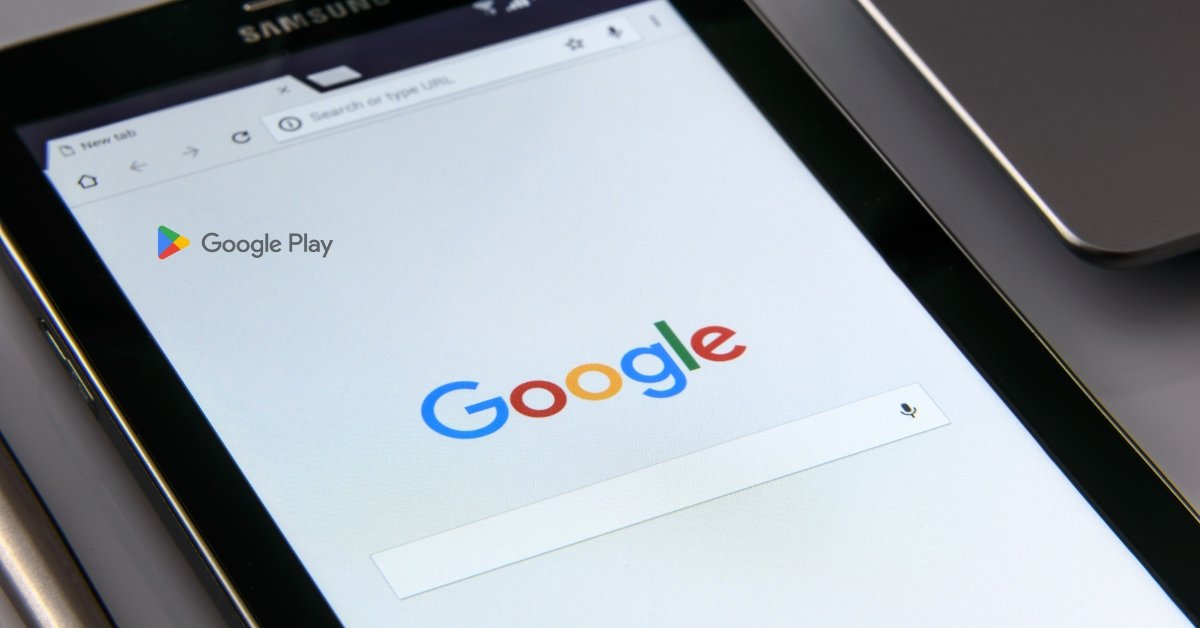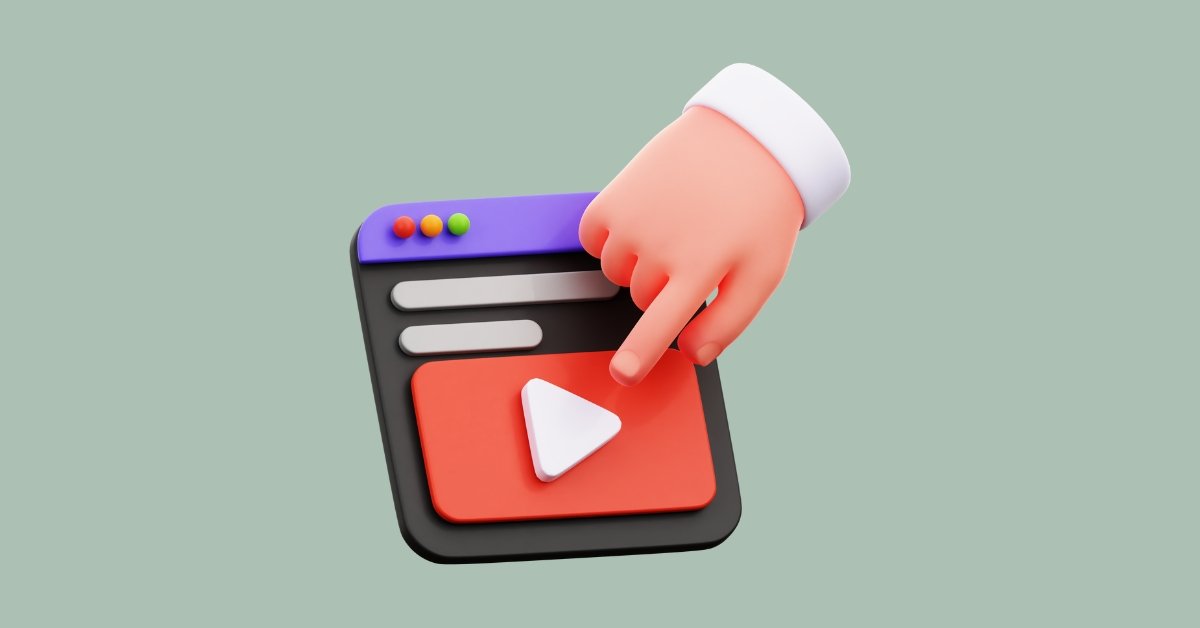Google raises the maximum app price limit to $999.99 on the Play Store, enabling premium and specialized applications. Discover how this change impacts developers and users.
Table of Contents
Google’s I/O 2024 Developer Conference Unveils Significant Changes
The tech giant made several noteworthy announcements at the recently concluded Google I/O 2024 developer conference.
While the spotlight was primarily on new AI initiatives, one significant update slipped under the radar: a 150% increase in the upper limit for what developers can charge for an app on the Google Play Store.
New Pricing Structure
Previously, the maximum price for an app on the Google Play Store was $400.
However, developers can now price their apps at a staggering $999.99, equivalent in local currency.
The minimum price for a paid app remains unchanged at 5 cents.
This change is expected to open new avenues for high-end and specialized applications.
| Old Maximum Price | New Maximum Price | Minimum Price |
|---|---|---|
| $400 | $999.99 | 5 cents |
Google’s revenue share model remains the same.
The company takes a 15% cut from these prices up to the first $1 million in earnings, after which the cut increases to 30%.
This tiered model ensures that developers can maximize their earnings while Google also benefits from the increased price caps.
Potential Impact on Specialized Apps
While the new pricing limit may seem exorbitant for most apps, it will allow specialized training tools and industry-specific programs to enter the market at a higher price point.
For instance, WeldVR, a welding trainer app for Meta Quest, is priced at $1,000.
Similarly, Apple devices host several high-priced apps, such as CyberTuner, piano tuning software, and Roc.Kasse, a POS and cash register software, is priced around $1,000.
These examples demonstrate that higher price points can be justified for niche applications.
Comparison with Apple App Store
The previous price cap disparity between iOS and Android apps might have caused Android to miss out on specific high-value applications.
By aligning its pricing structure closer to that of the Apple App Store, Google is likely aiming to attract developers who create premium applications.
Current State of Google Play Store
Before the price limit increase, the most expensive apps on the Google Play Store leaned more towards novelty.
For example, Fisherpunk, a fishing game priced at $400, had more than 1,000 downloads.
Another example is Most Expensive Clicker, a simple button app priced at $400 with over 10 downloads.
As developers adapt to the new pricing structure, seeing if more high-value apps emerge on the platform will be interesting.
| App Name | Type | Price | Downloads |
|---|---|---|---|
| Fisherpunk | Fishing Game | $400 | 1,000+ |
| Most Expensive Clicker | Novelty App | $400 | 10+ |
Future Outlook
There has yet to be a noticeable influx of apps taking advantage of the new price ceiling.
However, developers are likely in the process of determining how to utilize this best increased pricing flexibility.
This change could lead to a new wave of premium apps on the Google Play Store, providing more options for users seeking specialized and high-end applications.
Conclusion
The increase in the maximum app price on the Google Play Store represents a significant shift in the app market dynamics.
While it may not affect the average consumer immediately, it sets the stage for a broader range of applications.
It could drive innovation among developers aiming to create high-value tools.
As the market adjusts to these new limits, users and developers will watch closely to see how this change influences the app ecosystem.






